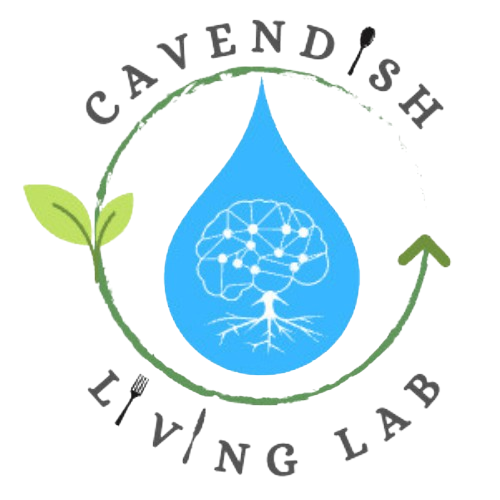Sustainability Facts You Should Know
The sustainability crisis isn’t just about melting glaciers and carbon footprints. It’s embedded in the food we eat, the clothes we wear, the products we buy, and the waste we create. Here are powerful facts across agriculture, plastic, fashion, wildlife, and gardening that shed light on the hidden truths of environmental impact — and why sustainable living matters more than ever.
Agriculture: The Backbone of Employment
Lorem ipsum dolor sit amet, consectetur adipiscing elit. Ut elit tellus, luctus nec ullamcorper mattis, pulvinar dapibus leo.
Women in Agriculture
Women contribute 43% of the global agricultural workforce. In developing countries, they are responsible for up to 80% of food production, often serving as crop specialists and sustainability leaders in farming communities.
Pesticide Residues
Pesticides protect crops but leave invisible residues that pose health risks to both humans and animals. Sustainable agriculture practices are essential to reduce toxic exposure and promote safer food systems.
Global Food Insecurity
Although global food production is sufficient, over 829 million people experience hunger, and 9.2% of the population suffers from food insecurity. Food distribution and waste remain critical issues.
Plastic Waste: The Global Pollution Crisis
Plastic pollution has become one of the most pressing environmental issues of our time.
-
Over 3 million Coca-Cola bottles are produced annually — enough to wrap around the Earth more than 150 times.
-
Human-made materials, including plastics, now outweigh all animals on Earth, both on land and in the sea.
-
A solution lies in innovation: university students have created bioplastics from seafood waste, such as lobster shells, which decompose naturally and fertilise the soil.
-
UK-based company Shellworks has developed Vivomer, a plastic alternative made from bacteria that biodegrades within weeks.
These breakthroughs in bioplastic innovation signal a shift toward more sustainable packaging and consumer responsibility.
Animals and Ecosystems: Nature’s Role in Regeneration
Biodiversity doesn’t just enrich ecosystems — it plays an active role in environmental restoration and human wellbeing.
Research shows that birdsong can accelerate plant growth and reduce stress in humans by signalling safety in natural environments.
Cows raised in open, wooded pastures produce meat with healthier levels of Omega-3, compared to confined cows, which yield high Omega-6 — a contributor to inflammatory diseases.
A species of worm, Zophobas atratus, has been found to digest polystyrene and polyethylene, thanks to plastic-degrading bacteria in its gut.
These insights challenge conventional views of conservation and demonstrate the importance of preserving natural interactions in ecosystems.
Gardening: Regenerative Practices at Home
Gardening is one of the simplest ways individuals can support the planet and reconnect with the natural world.
-
Nettles act as a natural nitrogen booster when added to soil.
-
You can create biofertiliser from banana peels and other food waste — a method that promotes fast, healthy plant growth.
-
Home composting with kitchen scraps reduces landfill waste and nurtures soil health, closing the loop of sustainability.
Sustainable gardening encourages biodiversity, reduces dependency on synthetic fertilisers, and helps offset household carbon footprints.
Fashion: The Fast Fashion Fallout
The fashion industry is one of the most wasteful and polluting industries on the planet.
-
Every second, a truckload of clothing is either burned or buried in a landfill.
-
Fast fashion brands such as PrettyLittleThing, Missguided, and Boohoo manufacture clothes where up to 89% contain new plastic fibres.
-
On average, 80% of items on UK fast fashion websites are made with synthetic materials derived from petroleum.
Fast fashion encourages overconsumption and underuse, contributing to a cycle of waste and exploitation. Consumers have the power to shift the tide by choosing ethical brands and sustainable materials.
Final Thoughts
These facts reveal more than just statistics — they expose systemic inefficiencies and unsustainable habits deeply embedded in everyday life. Whether through conscious consumer choices, dietary shifts, or home gardening, each of us holds the power to reduce our environmental impact.
By staying informed and taking small, consistent steps, we can help shape a future that is not only liveable but equitable and thriving.
